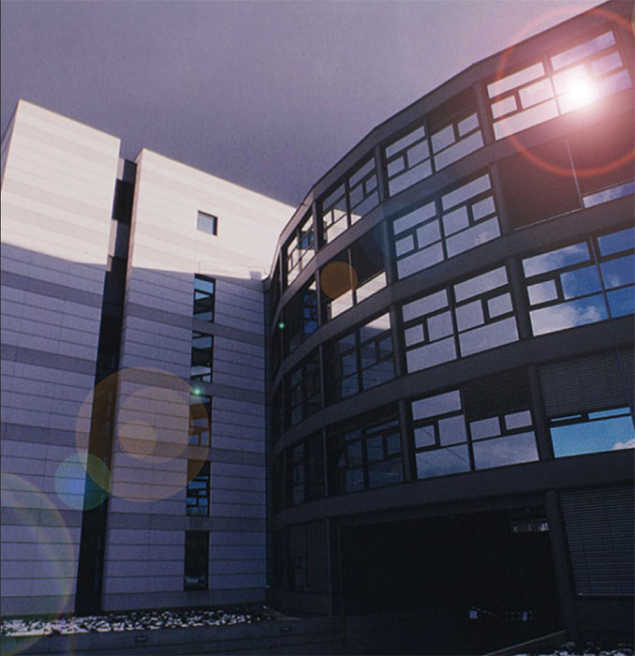
Image credit: CERN.
Our world has been transformed almost beyond recognition since CERN was founded in 1954. Particle physics has evolved to become a field that is increasingly planned and co-ordinated around the world. Collaboration across regions is growing. New players are emerging.
CERN is now a global lab, with a European core. This was recognised by CERN member states with the adoption, in 2010, of the geographical enlargement policy that opens up for greater participation from countries outside of Europe. Since then, we have welcomed Israel as a new member state. Romania and Serbia are entering the final stages of accession to membership, and Cyprus has just joined as an associate member in the pre-stage to membership. Since 2015, Pakistan and Turkey have been part of the wider CERN family as associate members, and several more states are applicants for associate membership.
Yet, the changes go much further than our scientific field and the inclusion of new members in our particle-physics family. Global governance is more complex than ever, with overlapping challenges and a greater number of interlocutors. Public opinion is being formed in new ways, driven by technological advances and political change. Global economic changes, with emerging countries gaining influence and clout, shape policy priorities in new ways – also in the scientific field. Support for fundamental science must be constantly nurtured, and partnerships are more necessary than ever.
It is a highly complex and fast-moving global policy space. CERN – and indeed all large labs and research infrastructures – needs to react to and act within this evolving context. The challenge for all of us is to advance in a globally co-ordinated manner, so as to be able to carry out as many exciting and complementary projects as possible, while ensuring long-term support for fundamental science as the competition for resources becomes ever fiercer on all levels.
Global impact
It is against this background that the Director-General of CERN has now, for the first time, established an International Relations (IR) sector. The sector brings together entities within the Organization that are working on different aspects of our international engagement, and it provides a unique opportunity for CERN to strengthen the global dimension of its work.
The IR sector has three overarching objectives. First, to help strengthen CERN’s position as a global centre of excellence in science and research through sustained support from all stakeholders. Second, to contribute to shaping a global policy agenda that supports fundamental research, and includes science perspectives more generally. And third, connecting CERN with people across the world to inspire scientific curiosity and understanding.
The immediate priorities for the sector include reinforcing dialogue with our member states, setting future directions for geographical enlargement, and strengthening CERN’s voice in global policy debates.
Let me share a couple of the initiatives that are under way.
We have already expanded the interaction with member states with the establishment of thematic forums that enable better dialogue, and new forums will be created in the coming months. We have also begun reflecting on how to focus geographical enlargement in a way that fully supports and reinforces our long-term scientific aspirations. It is critical that enlargement is not seen as an end in itself; it is intended to underpin CERN’s scientific objectives through a broader and more diverse support base to strengthen our core scientific work.
Fundamental science
Direct engagement with people across the world is a key aspect of our work. With a newly integrated Education, Communications and Outreach group, we will be able to reach out in a more co-ordinated manner – to stimulate interest in and support for fundamental science, among teachers, students, global science policy makers and the many others around the globe who follow our work. For those of us who work with fundamental science every day, the value and impact seem obvious. But it isn’t always that obvious beyond our own corridors. We need to get better at demonstrating how scientific advances impact on the lives of people across the world, every single day, often in surprising but deeply profound ways.
While the IR sector as an institutional construct is new, we are building on a proud, long-standing tradition of inclusive international collaboration in pursuit of a common goal: expanding our collective knowledge. Exploring the frontiers of knowledge has always thrived on ideas, input and initiatives from across the world.
It is truly a privilege to be part of the collective effort that is the CERN IR sector, to take that work forward.







